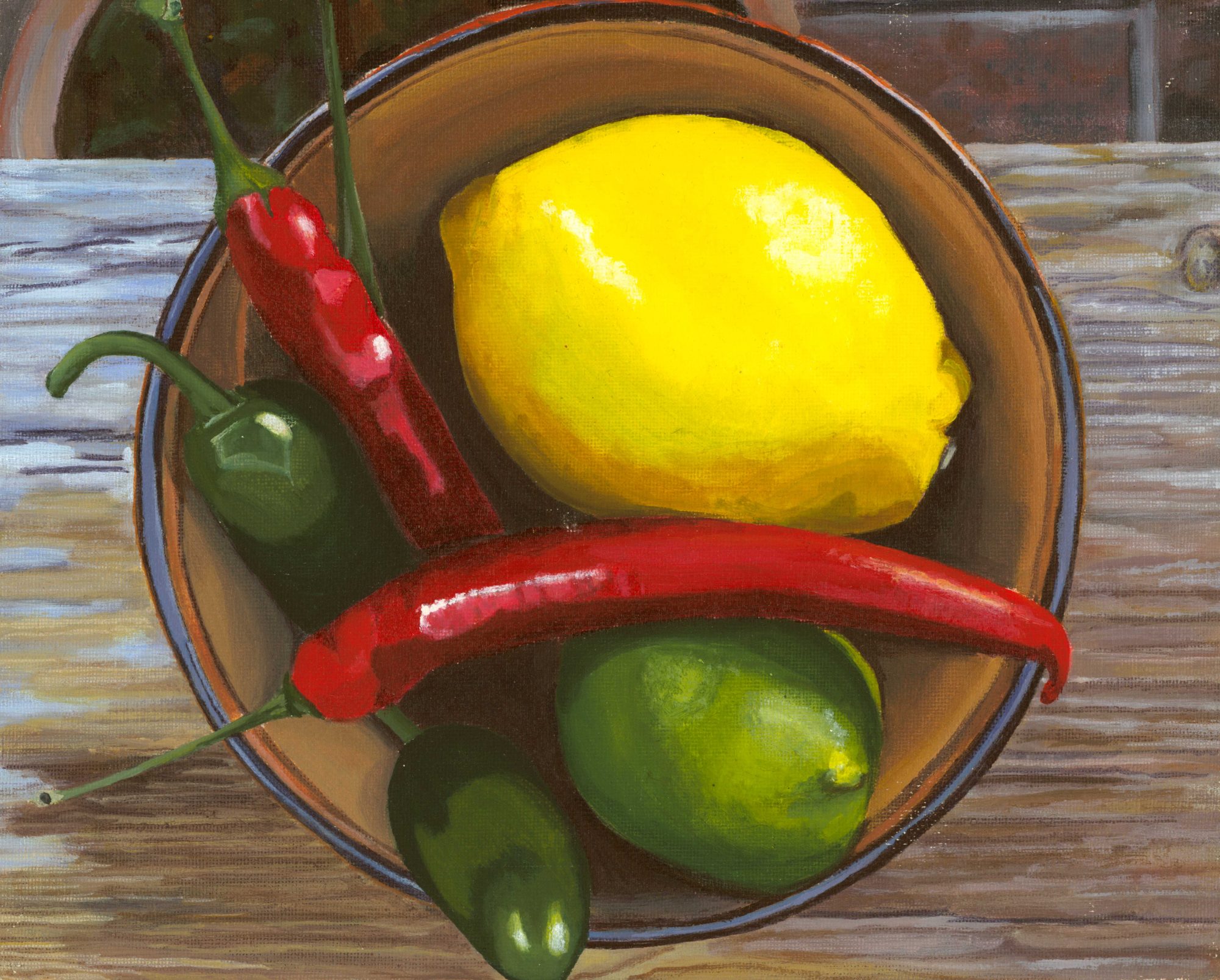Seven or eight years ago, while I was obviously not paying enough attention, the job I was doing went through the shredder of an interdepartmental reorganisation, as low-end admin jobs often do. At the end of the process, what remained was a seat in an open-plan office with the cheery ambience of a tomb, six hours a day of desk-bound data entry, and new colleagues crying in the toilets on what seemed to be a rota basis.
It was kind of grim, and obviously time to find something else if I could, but there was one good thing about the whole sorry mess: no one cared if I listened to music while I worked. So for three or four months I would plug in the headphones, fire up Spotify and wander my way through playlists and recommends until it was time to go home.
I found whole swathes of new music like that; Spoon and the National and Low; grunge, alt-country and lo-fi; the Magnetic Fields , John Grant and Jesca Hoop. Somewhere among all this cropped up the Winter of Mixed Drinks, an album that Frightened Rabbit had released two or three years before. By the third track, I was grinning in the office, which was very much a first.
I’ve a soft spot for Scottish indie bands in general, for things this lot had in abundance: strong melodic lines (I suspect playing in a cèilidh band, somewhere along the line); wry, clever lyrics; decent singing with recognisable human voices; creative swearing, in the way that the Celtic nations do so well.
For as long as it took me to scramble into another, less dismal job I had their back catalogue pretty much on repeat, and when Pedestrian Verse came out, switched to playing it in my workroom while I painted. Nice and loud. FR tacks and collaborations crop up in pretty much every playlist I’ve made since, and I’m not tired of them yet.
Scott Hutchison, the founder and singer of the band, died in May 2018, making the most upbeat of their songs poignant in hindsight, and the sad and painful ones more so. There will be no more new songs.
